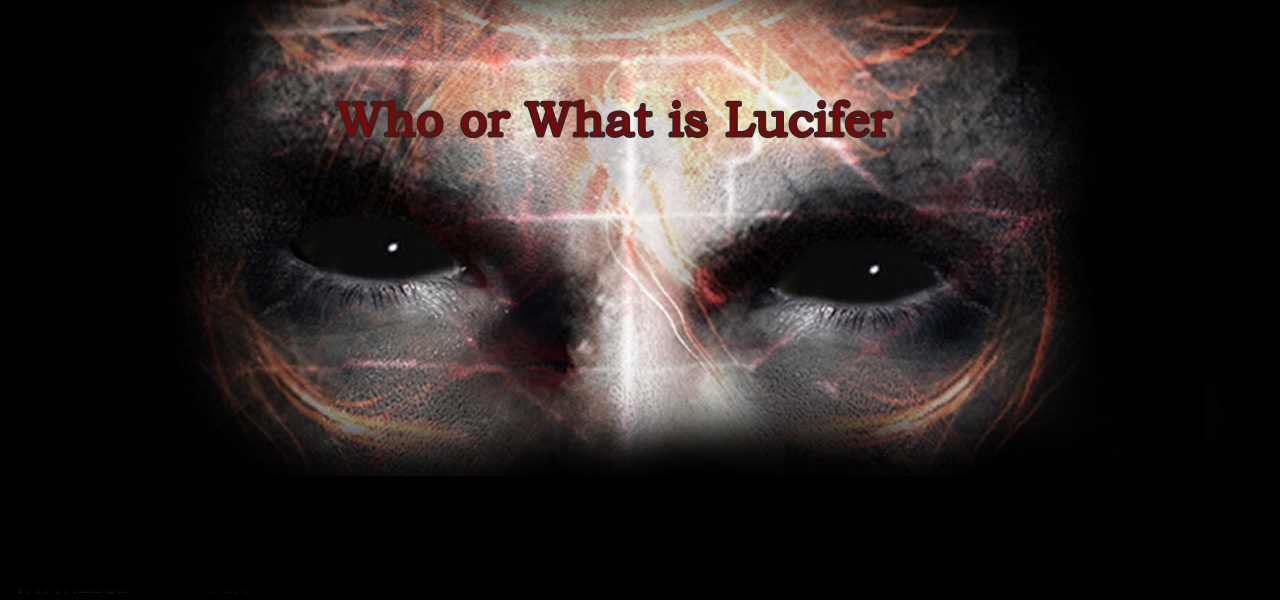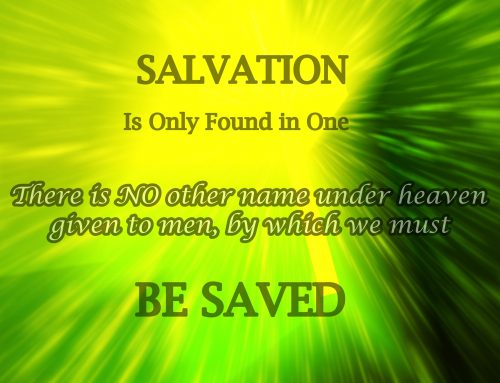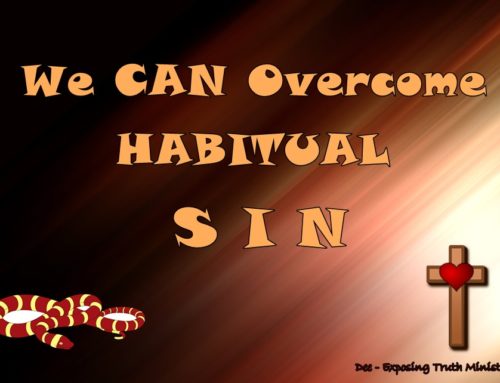Is Lucifer the same creature as Satan?
No. This is a fabrication started by a Hebrew to Latin translation of the bible that took on a new meaning and life of its own. Lucifer is a name used in KJV Isaiah 14:12-17. People searching for answers on Satan decided that these passages explained the fall of Satan. Since the name Satan was not used in the passages, people decided that “Lucifer” was Satan’s pre-fall name.
The scripture that supposedly describe the fall of Satan is (Is 14:12-17);
How art thou fallen from heaven, O Lucifer, son of the morning! how art thou cut down to the ground, which didst weaken the nations! For thou hast said in thine heart, I will ascend into heaven, I will exalt my throne above the stars of God: I will sit also upon the mount of the congregation, in the sides of the north: I will ascend above the heights of the clouds; I will be like the most High. Yet thou shalt be brought down to hell, to the sides of the pit. They that see thee shall narrowly look upon thee, and consider thee, saying, Is this the man that made the earth to tremble, that did shake kingdoms; That made the world as a wilderness, and destroyed the cities thereof; that opened not the house of his prisoners?
In the King James Version of the bible, verse 12 uses the word “Lucifer” which is a 4th century Latin word meaning “light bearer”. When the Hebrew bible was translated to Latin (Latin Vulgate) by priest St Jerome, the Hebrew word “heylel”, which means bearer of light, was translated to “lucifer”, which was the Latin word for the star Venus. Sixty years before the King James Version, the Geneva Bible (first bible written in English) used the word “lucifer” but put an explanatory footnote to indicate that “Lucifer” was King Nebuchadnezzar being compared to the star Venus. The same word “lucifer” is used in other places in the Latin Vulgate to translate the Hebrew word “heylel”.
Actually, the character Lucifer did not exist except for in fictional writings and poems. Lucifer is a key protagonist in John Milton’s 1667 Protestant epic, “Paradise Lost”. Milton introduces Lucifer as an ambitious and prideful angel who defies God and wages war on heaven; he is defeated and cast down to earth. Other works include Dante Alighieri’s Inferno, and Joost van den Vondel’s Lucifer. Notice how fictional works became biblical facts throughout the centuries.
When interrupting scripture, one must look at the subject being discussed just prior to the text. Isaiah 13 ended with the desolation and gloom that would come upon Babylon. Since Babylon was Judah’s great enemy. In verses 4-8 of Chapter 14, God is judging the king of Babylon who is Nebuchadnezzar.
- Verse 4 – says the passage is about king of Babylon
- Verse 6 – He used his power and wealth to rule them and subdue them with persecution.
- Verse 7-8 – nature, including the tree in Lebanon will rejoice when he falls (Satan had already fallen before Babylon or Lebanon existed)
- Verse 9-10 – hell including its inhabitant are stirred at his fall. (Who was in hell before Satan’s fall?)
- Verse 11 – this verse mentions worms and the decay of his body in a physical grave (Satan is a spirit not a man)
- Verse 12 – this verse uses the name Lucifer but it speaks of his fall after weakening nations (Satan fell before the nation of Babylon).
- Verse 13 – his pride makes him think he can ascend into heaven (Satan was already in heaven before he fell)
- Verse 15 – he will be sent to hell (Satan will not be inhabiting hell or torture until the return of Christ)
- Verse 16 – he is called a MAN
- Verse 18 – he says all the kings of nations are already dead because of the sin (could not have happened before the fall of Satan)
This is a prophecy regarding the empire of Babylon and the pride, arrogance and fall of king Nebuchadnezzar; nothing about the fall of Satan. Lucifer being Satan’s pre-fall name is all conjecture and not biblical. People have read scripture out of context to suit their own beliefs and conclusions which happens when people create false doctrine. Take time to read the commentaries of our biblical scholars like as John Wesley, Adam Clarke, Matthew Henry, etc. It is quite evident that Isaiah 14:12-17 is about the kingdom of Babylon and King Nebuchadnezzar.
Dee – Exposing Truth Ministries







Leave A Comment
You must be logged in to post a comment.